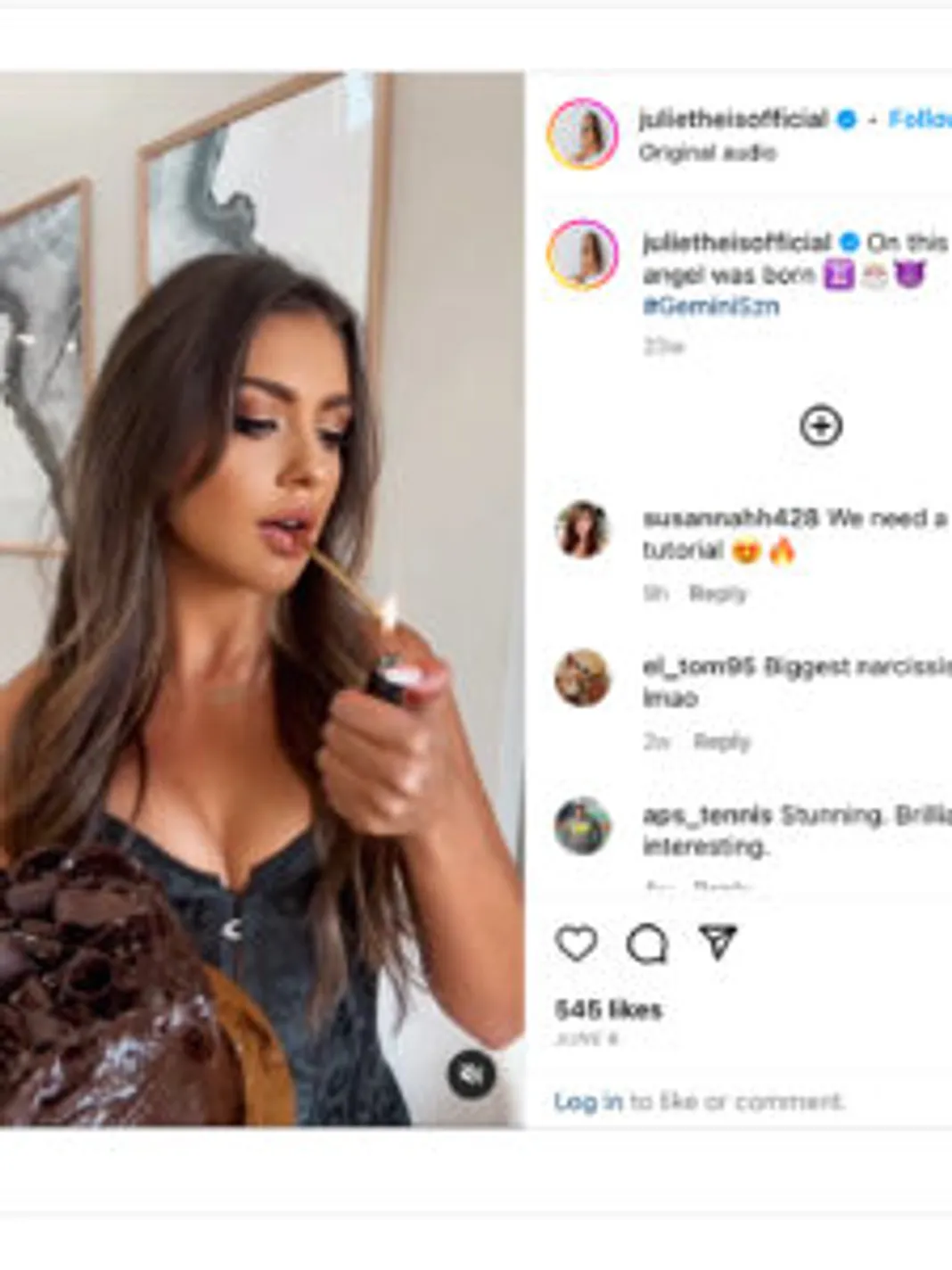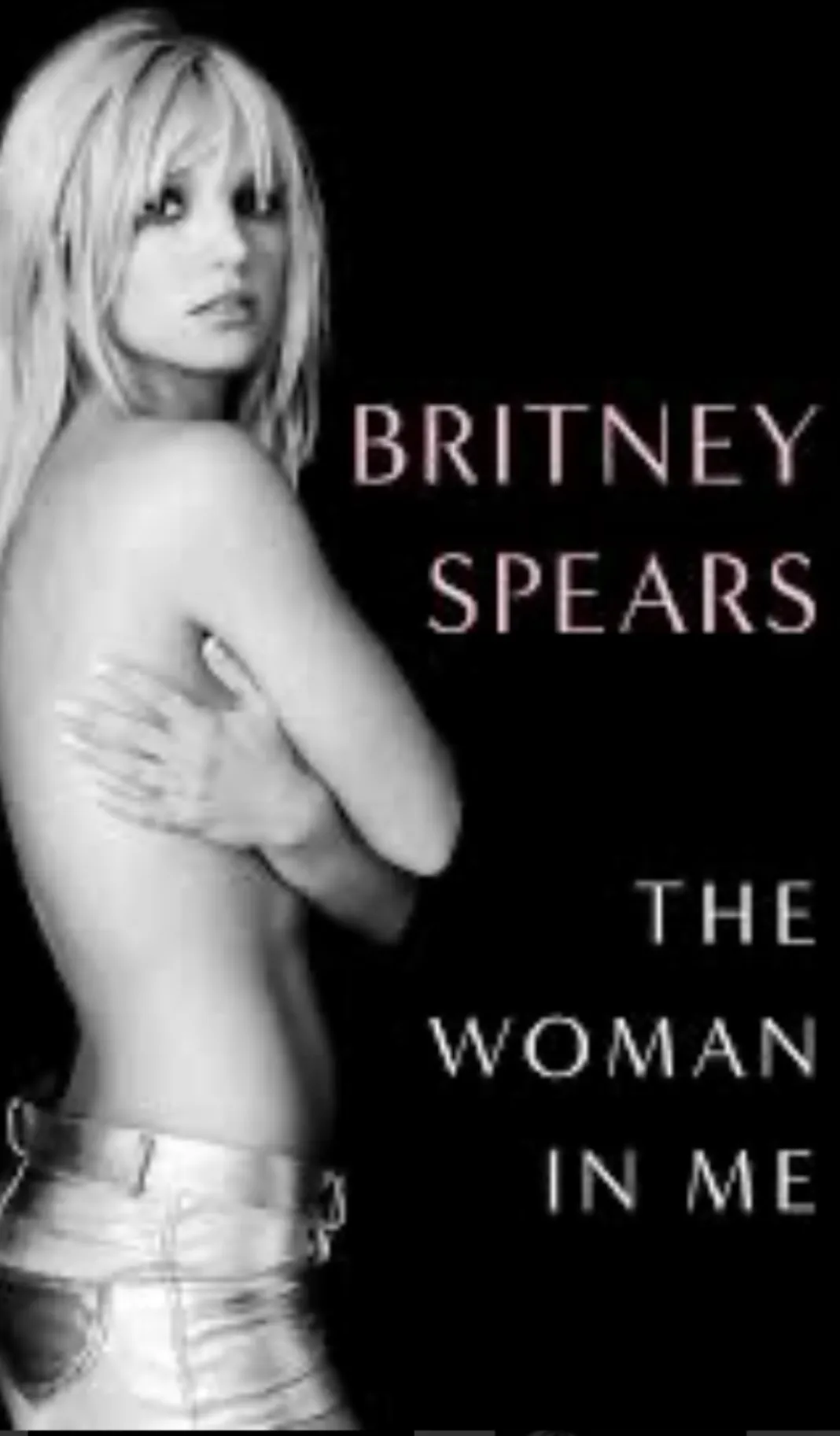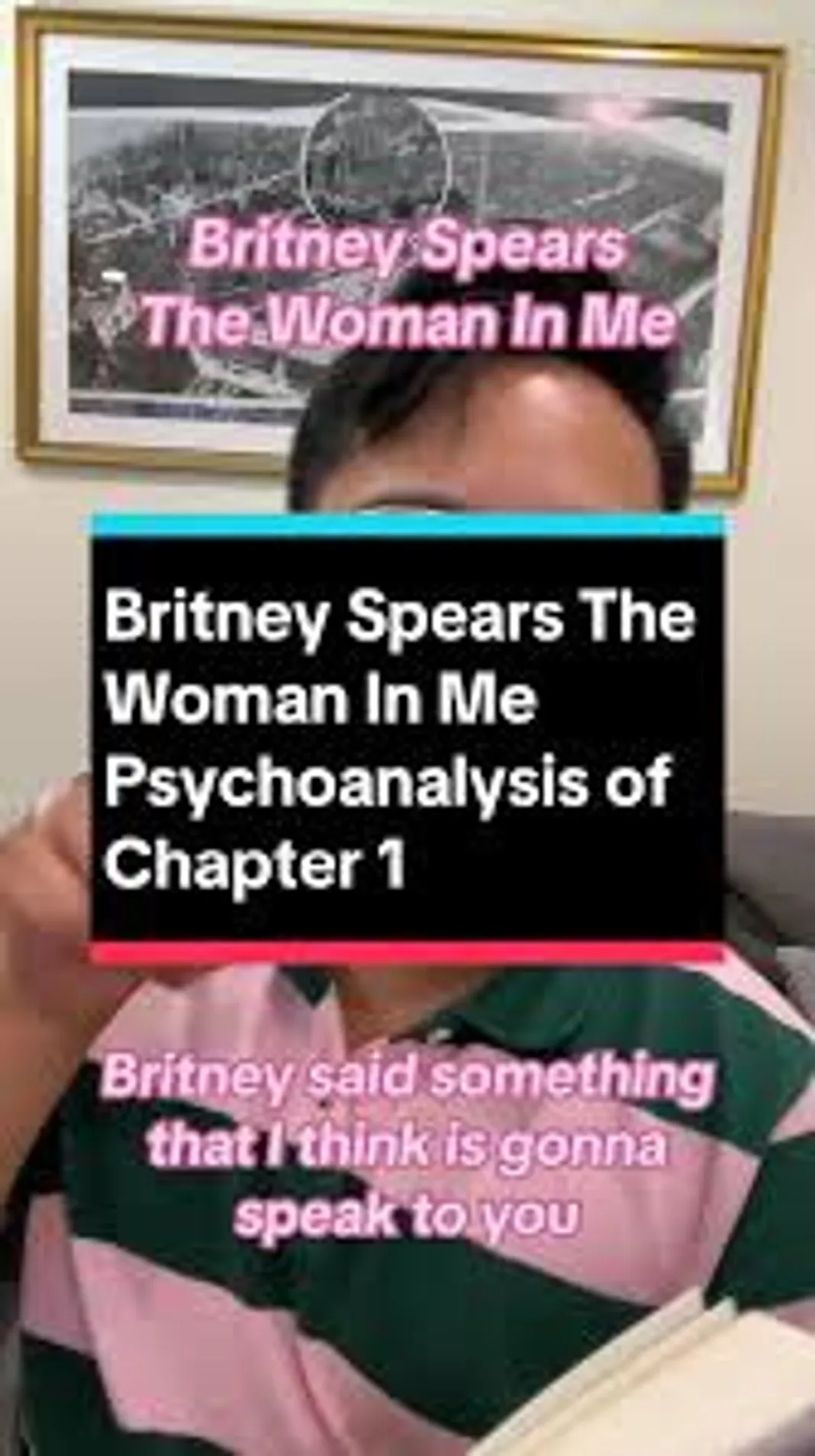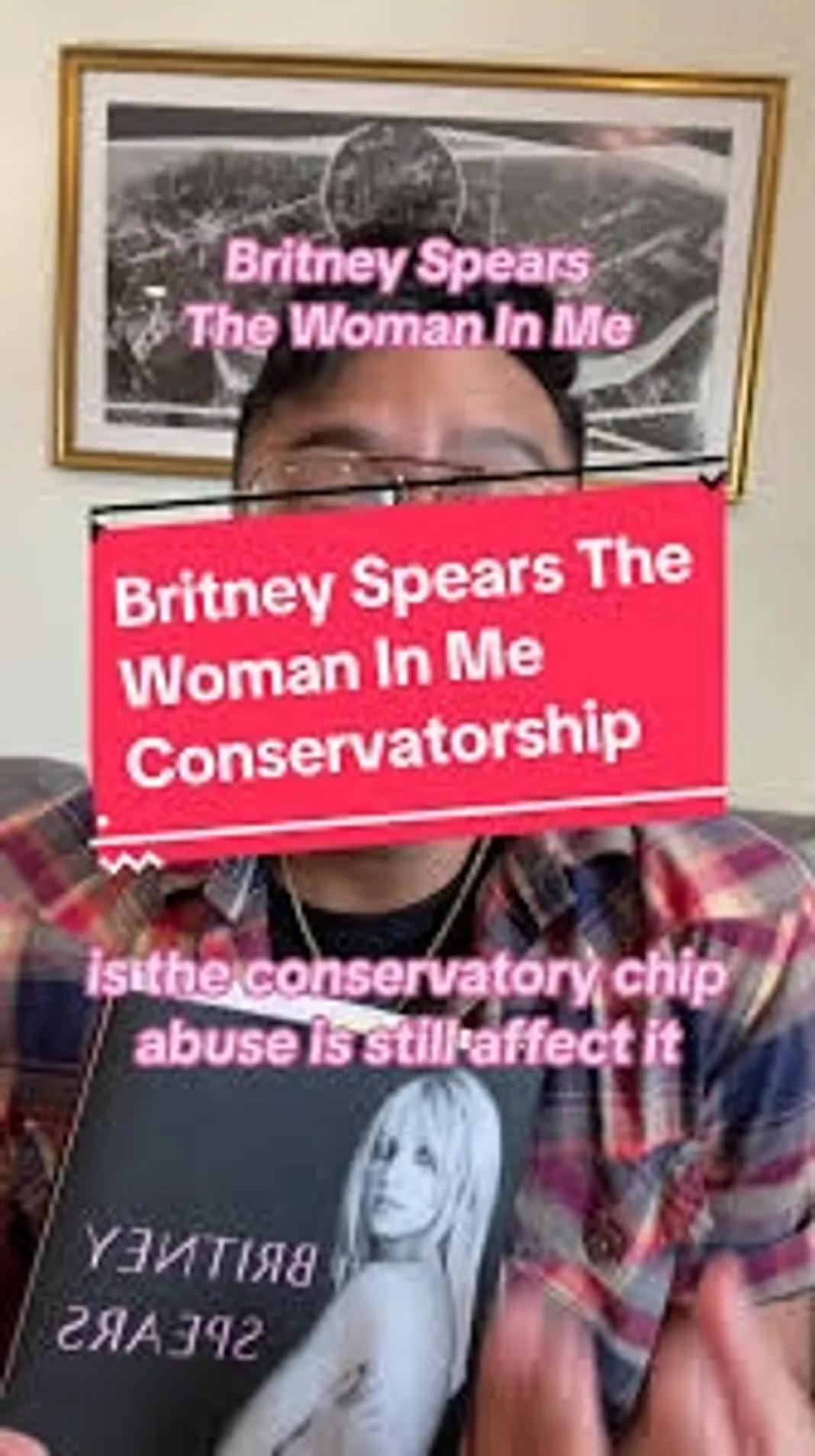
It didn’t t take long for singer Britney Spears’ much-anticipated 2023 memoir, The Woman in Me, to top the New York Times’ coveted Bestseller List. In fact, the book surpassed the 1.1 million sales threshold needed to reach that spot within a week of its official October release–a feat notably achieved without traditional press tours or promotion outside a handful of social media posts and the publisher teasing out some exclusive excerpts to People magazine (Spears wrongly claimed at one point that her book was the highest-selling celebrity memoir “in history,” despite its coming in second to Prince Harry’s Spare as 2023’s bestselling celebrity tell-all).
Spears’ ghostwriter-assisted tome had been on many readers’ to-read lists since her deal was inked in February 2022, and with good reason: it was, in a way, a reclamation of her life and career narrative following a prolonged, highly-publicized and, some would say, tedious legal battle to terminate a 13 year-long conservatorship imposed by her father, Jamie Spears. The court battle coincided with a number of documentaries about the legal process’ impact on Spears’ life, persona, and public image, even prompting a fan-initiated #FreeBritney movement at its most visible.
Spears would ultimately prevail in a November 2021 decision by an LA superior court judge.
With the book’s momentum as a cultural juggernaut came a wave of predictable reactions on social media, ranging from lighthearted jabs at some of those named-and-shamed in its pages to full-on analyses of some its juicier revelations.
Julie Theis, an influencer with a master’s degree in psychology, isn’t one of those Spears memoir analysts (despite having posted about the singer). But her splashy camera-friendliness aside, part of what’s gained her a dedicated following on Instagram and TikTok is content that uses pop culture figures like the Kardashian-Jenner clan to illustrate psychological concepts that have made their way into laypeople’s consciousness and vocabulary, including phrases like narcissistic tendencies and gaslighting. According to Theis, psychoanalyzing other people — celebrities included –- can be a gateway to understanding oneself.
“I think we … psychoanalyze outside of ourselves as a way to understand ourselves because that gives us a sense of control,” Theis tells Hollywood.com. “I’ve definitely gotten comment[s] … and hate back that to psychoanalyze is not the right thing to do, because you don’t actually know these people’s lives. For me, though, in grad school, {we’re} all given … one piece of paper and it has different personality traits [on it], different scenarios, and so we’re taught to pick up on patterns.”
Although she runs a life coaching practice alongside social media, Theis isn’t a licensed therapist. Fellow psycho-educational content creator Amanda E. White is, however. Specifically she’s a licensed professional counselor (LPC) based in Pennsylvania.
“I have a lot of clients who are Taylor Swift fans and they were talking to me in session about the songs that they related to and the lyrics that they love,” White tells Hollywood.com. “And that became just like really helpful in sessions as we were talking about it. And I started noticing different themes … [within her lyrics].”
These sessions inspired White to create a TikTok series she calls “Taylor Swift Therapy”, in which she delves into the emotions or memories Swift’s songs can evoke in listeners. And these feelings aren’t necessarily exclusive to her followers. BuzzFeed reports, for instance, that Bigger Than the Whole Sky, a track off the 3AM Edition of Swift’s 2022 album Midnights, has resonated with many women who have experienced miscarriages and/or pregnancy loss–and later decided to open up about their feelings on internet message boards.
White emphasizes, “With my videos, I try to really focus on general themes. I don’t psychoanalyze Swift herself or anything, because I don’t know her. I’m not her therapist, and I can’t diagnose her or anything like that. My videos are a lot more focused on … why someone may connect with certain songs. So, I’m really focusing much more on the music and why I think a certain person may relate to her music. That’s definitely distinct from other times where people will psychoanalyze celebrities or diagnose them or things like that.”
The American Psychological Association’s standards and guidelines are yet to include any explicit clauses on social media’s use of therapeutic practices, especially when it comes to psychoeducation on public platforms. Because of this, professionals who produce psychology-adjacent content for Instagram and TikTok, have established their own set of unofficial boundaries and standards that they attempt to uphold. White understands the appeal of psychoanalyzing celebrities or public figures, but remains cautious for what she says are ethical reasons – as well as to avoid being perceived as exploiting others’ pain or trauma to create content.
“I think that Britney Spears, like Taylor Swift, a lot of people feel like they grew up with her,” she says. “I think they feel really connected to her. And I think that people try … it’s human nature to want to understand why someone is the way they are.”
White’s Swift-success has led her to expand her TikTok pop culture-adjacent psycho-education by adding yet another, nearly identical series to her page — albeit focused on the pop starlet often seen to be the carrier of Taylor Swift’s torch (in the teenage heartbreak department), or maybe Avril Lavigne’s torch (in the teenage angst department): Olivia Rodrigo. Julie Theis has also widened her lens to include videos and other tidbits not necessarily tied to pop culture. But she’s proud of her original concept.
“I’ve gone viral on many celebrities, many different series,” she explains. “There have been people who have thanked me for, number one, seeing the parts of them that they need to change … people who have said they’ve left an abusive relationship because it can be easier to see behaviors in another person if you’re in denial about your own. On the other side, though, I’ve gotten [feedback] like ‘why do you care? You’re so obsessed with celebrities. You don’t know these people, how could you diagnose their life?’ But my content is not meant to be judgmental. If I say someone has this insecurity, an insecurity doesn’t have to be bad — we all have them.”
Dalia Abdelwahab is a music, entertainment and culture journalist based in the NYC Metropolitan Area. Her reporting focuses on identifying the intersections between how entertainment is produced and perceived in all its forms, and the state of our society and culture at every given moment. She also has experience with covering national news and foreign affairs.






